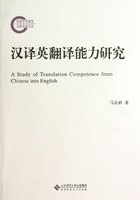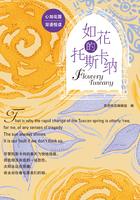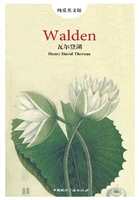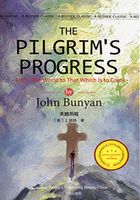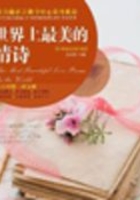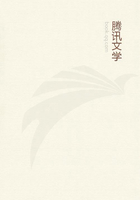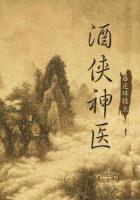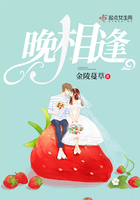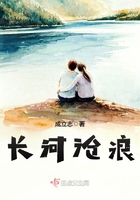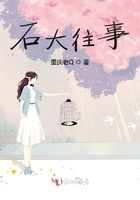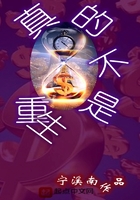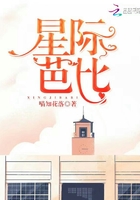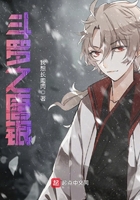Yuhe said, "Hmm, your question reminds me of an old friend, who I first met near Wanshou Street. That day, at five or six in the afternoon when I was cleaning a toilet and was about to finish my work for the day, I saw a man hurriedly pushing a flat-bottomed fruit cart, who before I knew it had run straight into the toilet. Startled, I asked him why he would do such a thing. After taking some deep breaths he said, 'You sound like you're also from Hubei; just let me hide here for a moment.' After about ten minutes, he ran out and looked around, and then told me, 'Look, I'm a small fruit dealer. Recently the police have been cracking down really hard on migrant workers; if I get caught, they will not only confiscate my cart, but also fine me.' Later on I got to know that he was from Huanggang, which was also an old revolutionary base and just as poor as Hong'an. When he had heard that there were fewer restrictions on farmers working in the cities, he had come to Beijing with several companions. Life was hard; he had sold roast sweet potatoes and bean sprouts, and then started to sell fruit the next year. Every morning at around three or four o'clock, he would get up and buy wholesale fruit at the railway station in Yongdingmen, and then sell them near Wanshou Street. Eventually we became friends as I saw him every day when cleaning the street. Every time we met he would complain that his fruit business was small and made a measly profit; that in summer fruit rots and in winter it freezes; that his monthly wage was never getting any better… About a year later after May Day, there were a few days when I didn't see him. Had he gone home? Or was he sick? One day at noon, when I was about to finish my work, he appeared. A few days earlier he had been arrested by the public security police and his cart had been confiscated. I asked him what he planned to do, but with a bitter look, he said nothing. I haven't seen him since then. Another fellow Hubei villager had a shoe-repairing stall to the south of Wanshou Street. He worked every hour god sent, and every day would only ever eat two steamed buns with some pickles for lunch. One day a young woman accused him of breaking her shoes, and since they had been a gift from abroad, asked him to give her 100 yuan in compensation. The man could not afford it of course, and the two ended up quarrelling, so much so that the police got involved. I haven't seen him since, either."
"So, were Beijingers xenophobic back then?"
"I wouldn't put it that way. But the inequality was obvious. Take our cleaning team as an example. The worst working hours—four to eight in the morning and two to six in the afternoon—were assigned to us temporary workers from outside the city, while the best hours—eight to twelve in the morning—were assigned to local workers. It's the same for other jobs: the temporary workers get the dirtiest, most exhausting jobs, while local workers get the easy ones like driving the street sweepers. Us temporary workers received a basic wage with no other Benefits to speak of, while the local workers enjoyed a higher wage and reimbursement of their medical costs, as well as various other government subsidies."
Yuhe had come to Beijing at the age of forty-three and left at sixty-five; he had worked in the cleaning team for all of twenty-two years.
Yuhe choked with emotion, "None of the local workers that came after me worked longer than I did. I've left countless footprints on Chang'an Street!"
"What about your friend? The Beijing soldier? Is he retired now?"
"Yes, he retired in 2001. After retirement he felt uncomfortable just hanging around at home, and wanted a job. Later, the owner of this warehouse happened to need a driver who knew his way around Beijing. So I introduced him and he was a driver here for six years. He once joked about it, 'Before it used to be people from Hubei who worked for Beijingers, but now it's is the other way around. How things change!'"
The conversation jumped to his grandson Xiaoqiang.
Yuhe said, "My biggest worry now is Xiaoqiang. That boy is different from his father, let alone my generation. I said to him, 'Xiaoqiang, I plan to go back after a few years, what about you?' He told me, 'I won't go back, grandpa. I want to stay in Beijing my whole life, I want to be a Beijinger.' I argued that Beijing belonged to the real Beijingers, not us country folks. He said, 'You're old-fashioned, grandpa! Cities belong to everyone and so does Beijing.' Everyone has their roots; but now Xiaoqiang wants to discard them."
I tried to console him, "Well, each generation thinks in its own way."
Yuhe continued anxiously, "He is young and inexperienced. He doesn't know how hard life can be! Now, with good policies, farmers can work in the cities and earn some money, but who knows how those policies might change? Even if they don't, on such a low income, how can you ever buy a house or get married? How can you ever start a family? Some old friends and I did the calculations: even if you earned 3,000 yuan a month, and you didn't eat or drink to save every penny of it for fifty years, you still wouldn't be able to buy a house. Not to mention anything else…"
"Actually, Xiaoqiang and other young people have already realized this."
"If you ask me, young people with a strong head on them should learn a trade. If they have that to fall back on, they won't go hungry for the rest of their lives," Yuhe said.
After a while, he asked me, "Xiaoqiang and the rest of his generation say they want to stay in the city for the rest of their lives, that they will never go back. Do you think it's possible?"
I don't know how to answer this question. From Zhang Yuhe to Zhang Degui to Zhang Xiaoqiang, these three generations of migrant workers have all walked the same bumpy road for thirty years. Each generation has experienced its own hardships, its own suffering. The grandfather doesn't understand the grandson and the son doesn't understand the father, but they agree on one thing: The road will continue to stretch forward, and who knows when it will end?
I cannot help remembering a ballad about migrant workers —
We walk on the edges of cities, we leave numerous footprints there
Our dreams dissipate like mist, our hard work is a distant memory
We live in grey spaces, we have only stars during sleepless nights
We leave under a blue sky, but watch the withering of our destiny.
We walk the city streets alone, many are our tearless sorrows
We hope our shattered dreams can become recollections of success
Still we spend our youth, we build the beautiful cities of tomorrow
We will embrace the boundless sky, we will embrace our destiny.

